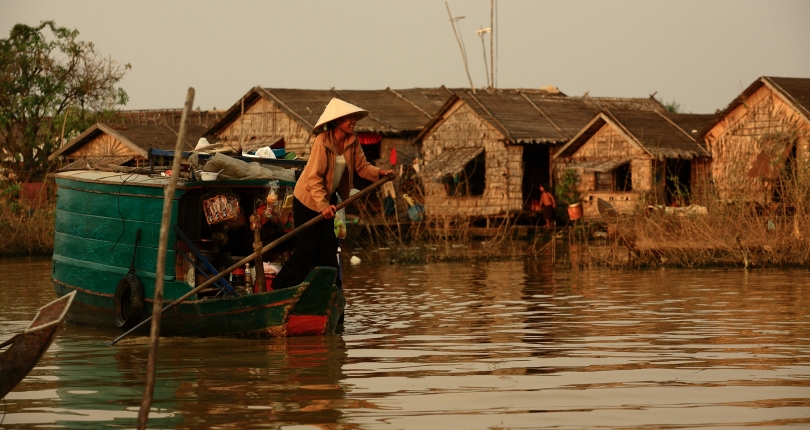Knowledge co-creation: Why it matters for water governance in the Mekong region
Researchers from a SUMERNET-funded project, ‘Co-creating Knowledge to Enhance Women’s Leadership for Inclusive River Governance and Livelihood Resilience in the Mekong Region’, are looking to speak with policy practitioners who have employed co-creation methodologies to support water governance, climate change, and livelihood transitions. The researchers are looking to connect with interviewees. Read below for more details.
The project is compiling a list of interviewees and would be interested in connecting with others who have incorporated co-creation in their programming to support communities in addressing complex water-related challenges in Southeast Asia and globally.
Interviews will be conducted from the end of February through to the beginning of April, so please get in touch with them. The contact details are provided below.
Knowledge co-creation as 'deep participation' in practice
Impactful participation in water governance, particularly for women, indigenous and other marginalised groups, can often prove challenging, costly, or just impossible. Over the past decade, knowledge co-creation has emerged as a pathway to greater engagement and deeper participation, where all participants are valued and involved in designing and implementing governance strategies and mechanisms. Co-creation stems from participatory methodologies, including Participatory Rural Appraisal, Tai/Sao Baan (‘Village’) Research, and citizen science.
These approaches are about putting the tools, knowledge, and decision-making power into the hands of the individuals whose lives they directly affect, and providing them with the support they need to authentically engage in the policy process.
Our project’s co-creation philosophy touches on both the research we are conducting and the engagement that we experience as a geographically distributed research team. In Myanmar and Thailand, we are engaging a spectrum of community members and boundary partners to co-design and -implement a ‘Mekong curriculum’. The aimof the curriculum is to support communities to develop, use and make sense of key tools and concepts applicable to river governance. In this way, our work is to uncover the dynamics and mechanics co-creation--both from communities’ lived experiences as well as through cutting-edge scholarship and ideas in epistemology.
Through interdisciplinary co-creation, our project looks to broaden understanding of the complex challenges that communities face through ‘deep participation’ methods that integrate divergent worldviews and contending perspectives. Where perspectives do not align or sometimes clash, we see an opportunity to broaden the landscape of understanding to allow for the emergence of new and creative solutions. We want, in effect, to co-create ‘co-creation’ itself.
Read the full blog by Karen Delfau, Project Research Lead, here.
You can contact the researchers through LinkedIn for more information or to get involved:
- Karen Delfau, Project Research Lead, International WaterCentre Alumni Network, University of Toulouse Jean Jaures
- Pichamon Yeophantong, Global Research, University of New South Wales
- Kanokwan Manorom, Field Research, Thailand, Ubon Ratchathani University
- Nang Shining, Field Research, Myanmar, Mong Pan Youth Association
 By
By 

 Read more about SUMERNET
Read more about SUMERNET
